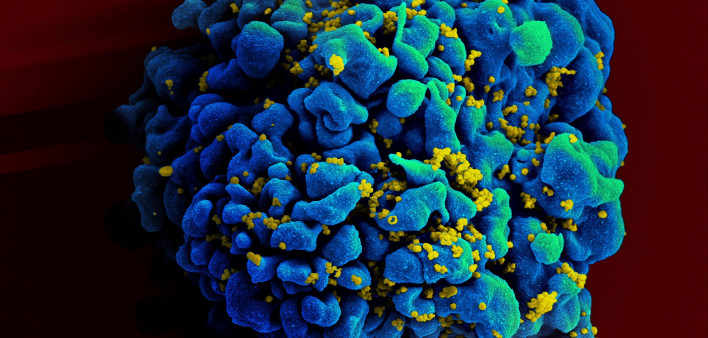Antiretroviral (ARV) treatment mitigates but does not eliminate HIV’s acceleration of cell aging, according to a recent small study.
Publishing their findings in Pathogens and Immunity, Mary Sehl, MD, of the University of California, Los Angeles, and her colleagues extracted DNA from 15 people with HIV at three points: six to 12 months before they began taking ARVs for the first time, about both six to 12 months and 18 to 24 months after they initiated HIV treatment.
The investigators analyzed what are known as cell epigenetics or factors that affect the function of genes. Looking for key signs of cell aging in particular, they found that compared with a group of 15 age-matched HIV-negative individuals, the people with HIV had signs of accelerated cell aging before they started ARVs. And while starting treatment was associated with a mitigation of such cell aging, it did not totally eliminate it.
The study is limited by its small size and the authors’ inability to adjust their data to account for various factors that might have influenced cell aging.
This finding may help explain why even people with HIV who maintain a fully suppressed viral load over time are still more inclined than people without the virus to experience a host of health conditions associated with aging, such as cancer, cardiovascular disease and cognitive decline.
To read a press release about the study, click here.
To read the study abstract, click here.







Comments
Comments